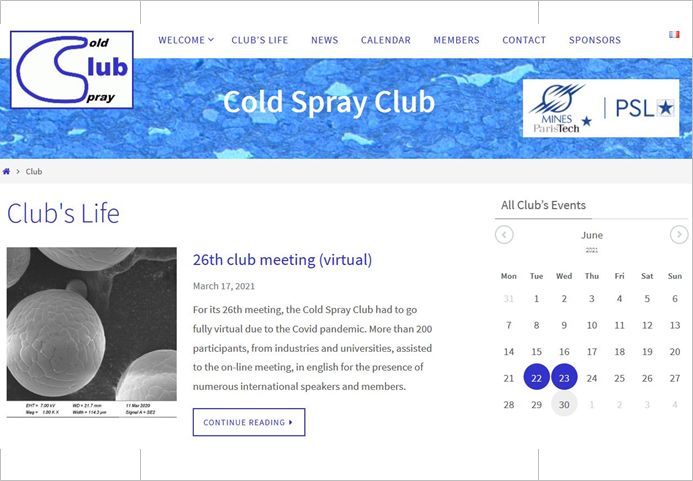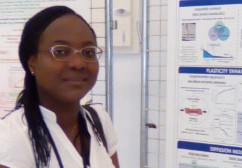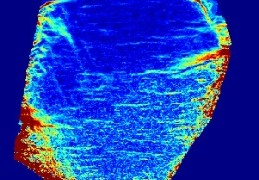



 Lecture
Lecture
Bio-based aerogels: new eco-friendly porous materials for thermal insulation and controlled release

A new version of the COLD SPRAY CLUB website is now…
The COLD SPRAY CLUB concerns laboratories, technology…
> En savoir +

Formation
A MINES ParisTech PhD student awarded at the…
Josiane Nguejio, PhD student at Centre des Matériaux…
> En savoir +

Recherche
The FEMS Lecturers 2014-2015 include Henry PROUDHON
Lecturer Series This is a scheme which sponsors selected…
> En savoir +

Recherche
award for a team of Centre des Matériaux
Nicolas Gueninchault who work in teams M2 and COCAS with Henry…
> En savoir +
Recherche
The SF2M award three medals to doctors of the centre des…
The medal Réaumur is given by SF2M, each two…
> En savoir +
